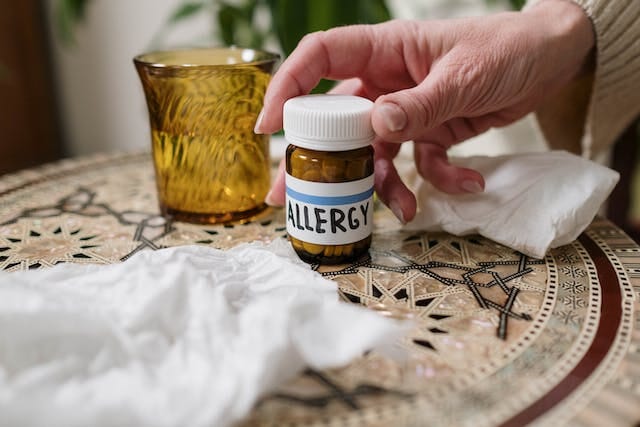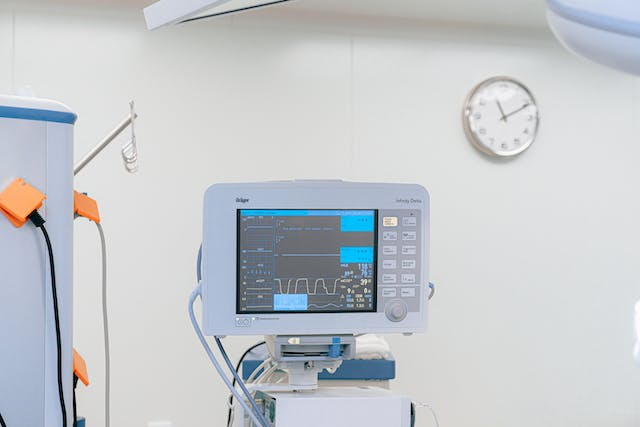
What is Immunoglobulin E test? How should I Interpret the IgE Results?
Time to read 3 min
Time to read 3 min
The IgE test is essentially an allergy test that detects specific groups of allergens that you may be allergic to. It is a scientific test as it directly measures the allergic response in the form of rising IgE results. You can check for a range of foods, goods, and substances, that are common allergens.
The test for Immunoglobulin E IgE is also vital when you are experiencing symptoms that may not be tied to other underlying conditions. These symptoms, such as difficulty breathing, rashes, and palpitations, may be connected to an allergy that should be checked with a blood test.
IgE, produced by B cells, releases from the mast cells and basophils to reach the site of allergic reaction. It can then trigger an inflammatory response through histamine and other mediators to the site directly.
When it comes to understanding what is Immunoglobulin E and what are its implications, it is important to understand what the test measures. When you are exposed to an allergen, your levels of IgE can rise significantly.
The total IgE levels in the test can provide a red, yellow, or green indication. This may also be present in terms of units, ranging between 150 and 1,000 UI/ml. Levels that are above 300-350 may be considered high for specific allergens.
You can also interpret the specific IgE results as temporary allergic reactions, such as when the levels aren't excessively elevated. You can take multiple tests over several months, to a certain degree, and check for overall markers and their elevation.
You can focus on the following strategies when considering what to do next after getting your allergy report. You can also get tested at-home through home sample collection, and have a strategy in place when checking options.
If you understand your allergy profile, then getting medication started may be helpful. If you are especially allergic to certain foods then having medication ready will be important. You can consult with your local chemist about the best option.
You can start avoiding allergens that may be associated with your allergen profile. You can have your allergen profile in your smartphone so that you can refer to it when you need to.
The best approach is to track your symptoms long-term. Unless you have a life-threatening allergy, your IgE elevation should normalize after reducing exposure and improving your overall lifestyle.
You should be careful of the following allergy symptoms as they can be signs of a specific type of reaction. You can also prevent an allergy from escalating by tracking these symptoms closely. You can prepare for your allergic reaction with medication and elimination of exposure.
You may get heart palpitations, which can feel like your heart is beating quicker than normal. These may also be accompanied by sweating profusely and a loss of vision.
You may feel like you're heating up and you're sweating more than normal. This is a critical sign that shouldn't be ignored, especially if you suspect that you may have been exposed to an allergen.
Your throat may be closing up as an immune reaction, if you are allergic to specific foods, flowers, leathers, etc. You may also feel like your throat is burning up and it is difficult to swallow.
Redness and rashes may be spreading all throughout your body. You may be having an allergic reaction that may be caused due to exposure.
You may also experience burning in your skin, as well as your extremities, as an allergen specific reaction.
Itching and redness may be more common in children and senior citizens. You should watch out for this sign as they may have been exposed to an allergen.
* * Medical Disclaimer - The following information is for educational purposes only. No information provided on this website, including text, graphic, and images, are intended as substitutes for professional medical advice. Please consult with your doctor about specific medical advice pertaining to your condition(s).
